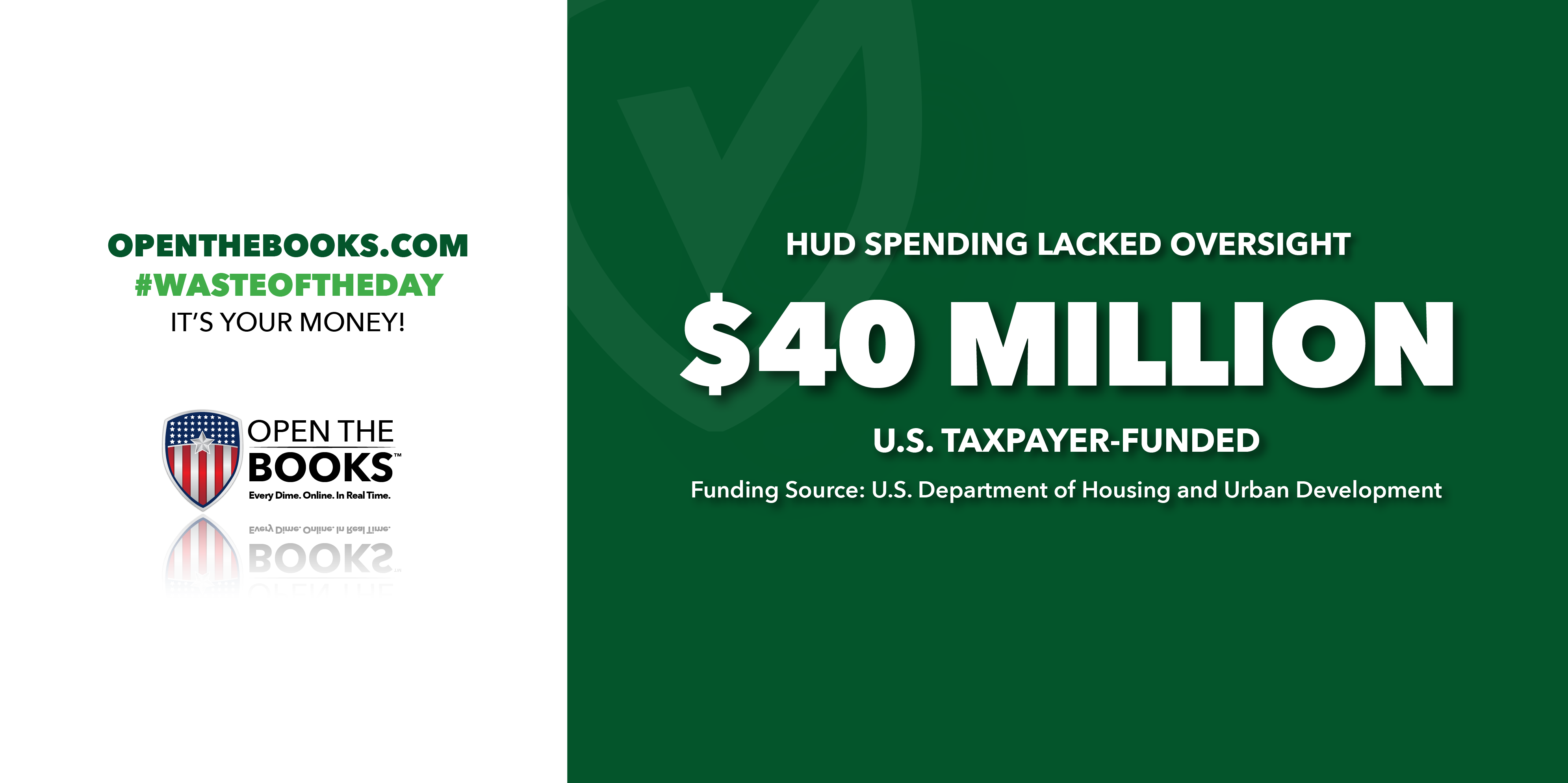Up to $40M in HUD Funds Vulnerable to Fraud
From 2017 to 2019, Congress gave the U.S. Department of Housing and Urban Development $40 million for disaster relief assistance, but a recent U.S. Government Accountability Office report found these grants were vulnerable to fraud and double dipping, and lacked basic accounting controls and oversight.

The block grants under this program were meant to be paid out to homeowners that rebuilt or repaired their homes due to damage from natural disasters between 2017 and 2019. While that may be a worthy goal, the report found glaring issues with how HUD distributed these grants.
GAO reviewed 8,260 grants made as a part of this program and found that 500 grantees were also approved for Federal Emergency Management Agency grants, meaning these households may have double dipped on federal aid. Other households also double dipped from other agencies’ relief programs, with one household receiving aid from three agencies.
Additionally, 197 approved households were above the income cutoffs, making them ineligible to receive the grants. Estimated income for two of these were above $330,000, far above the income cutoff.
The report found that all of this confusion was a result of HUD’s lack of data collection from the 16 contractors it works with. While HUD monitors individual contracts, it does not share and receive information across the contracting environment, making it liable to waste and duplication.
There is no reason why important programs like these must be riddled with waste. By implementing simple fixes like improved data collection, better oversight procedures and guidelines, and fraud-related training, waste could be prevented.
The #WasteOfTheDay is brought to you by the forensic auditors at OpenTheBooks.com






